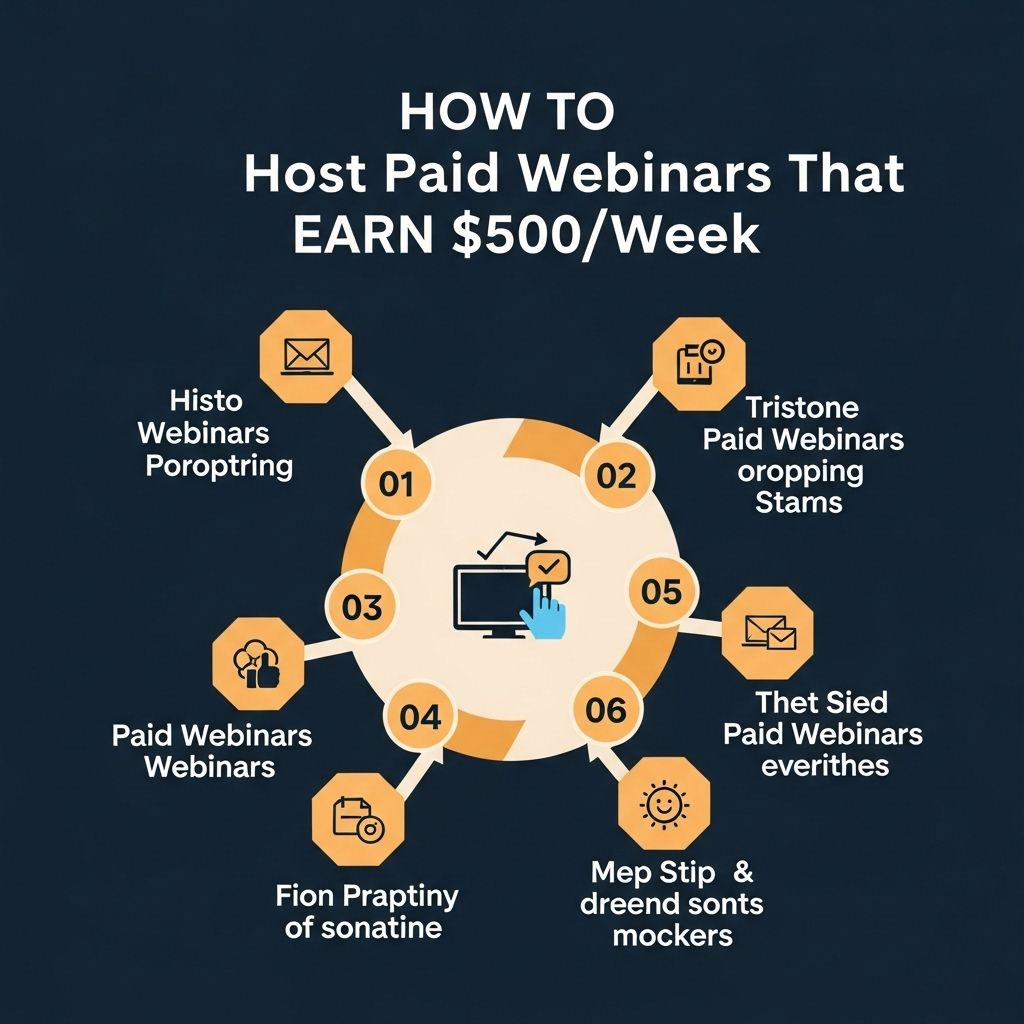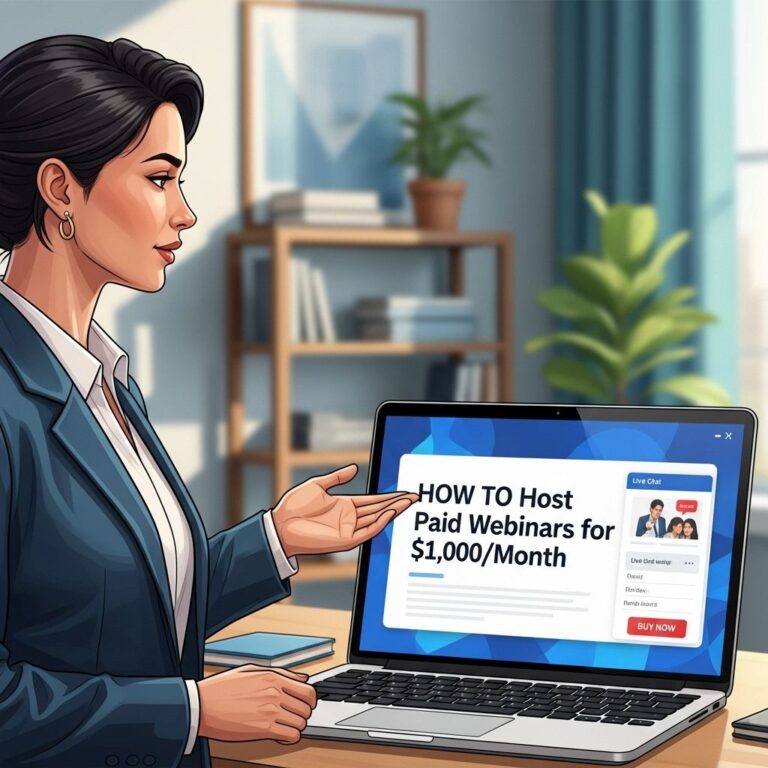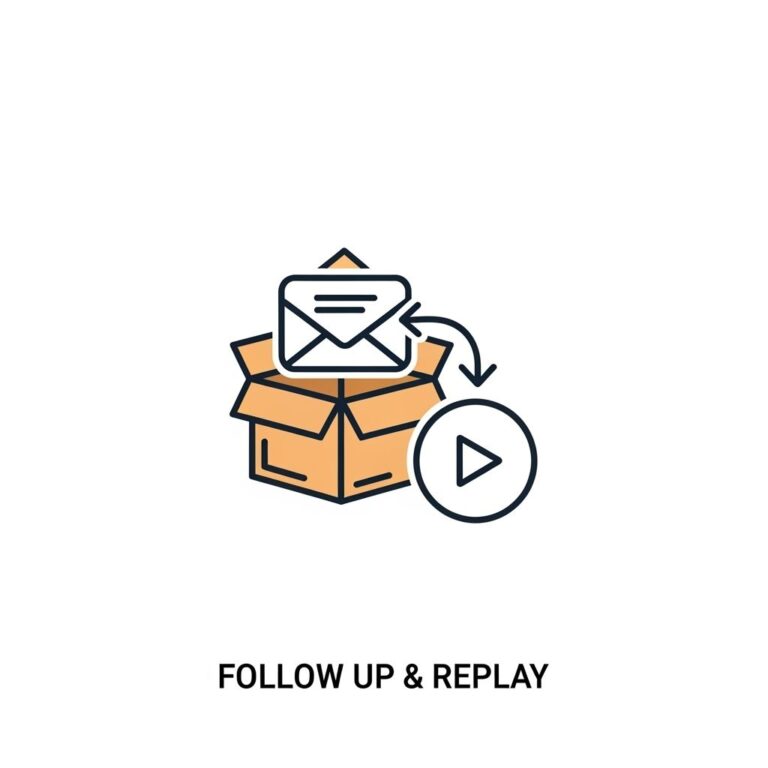In the digital age, hosting webinars has become an increasingly popular method for businesses to engage with their audience, share knowledge, and generate revenue. The allure of earning $500 a week through paid webinars is enticing, especially for entrepreneurs and professionals looking to monetize their expertise. However, the success of a paid webinar hinges on several key factors, from planning and marketing to delivery and follow-up. This article will guide you through the process of setting up and running profitable webinars.
Table of Contents
Understanding the Webinar Landscape
Before diving into hosting webinars, it’s essential to understand the different types of webinars and their purposes:
- Educational Webinars: Focus on teaching a specific skill or subject.
- Promotional Webinars: Aim to sell a product or service.
- Panel Discussions: Feature multiple experts discussing a topic.
- Q&A Sessions: Allow participants to ask questions directly to the host.
Choosing the right format for your audience is crucial to your success.
Choosing Your Topic
Your webinar topic should align with your expertise and the interests of your audience. Consider the following when selecting a topic:
Identify Audience Needs
Conduct surveys or engage with your audience through social media to understand what they want to learn. Look for:
- Common questions or pain points within your niche.
- Trending topics in your industry.
- Skills or knowledge gaps that need addressing.
Research Competitors
Check what other experts in your field are offering. This can provide insight into:
- Successful topics that resonate with audiences.
- What to avoid based on market saturation.
Setting Up Your Webinar
Once you have a topic in mind, it’s time to set up the logistics of your webinar. Here’s a step-by-step guide:
Select Your Webinar Platform
Choosing the right platform is vital for a smooth experience. Consider the following:
| Platform | Features | Price |
|---|---|---|
| Zoom | Breakout rooms, polls, recordings | $14.99/month |
| Webex | HD video, screen sharing | $13.50/month |
| GoToWebinar | Automated webinars, analytics | $89/month |
| Demio | No downloads, real-time chat | $49/month |
Create a Compelling Registration Page
Your registration page is often the first point of contact with potential attendees. Make it engaging by:
- Crafting a compelling headline.
- Clearly outlining the benefits of attending.
- Including a brief bio about yourself and your expertise.
- Offering an early bird price or limited-time discount.
Marketing Your Webinar
Even the best webinar won’t succeed without effective marketing. Here are proven strategies to promote your event:
Utilize Social Media
Leverage various platforms to reach a broader audience:
- Facebook: Create an event and encourage sharing.
- LinkedIn: Share informative posts related to your topic.
- Instagram: Use stories and reels to create buzz.
Email Marketing
Tap into your existing mailing list by:
- Sending a dedicated email announcement.
- Providing reminders as the event date approaches.
- Offering exclusive content for attendees post-webinar.
Delivering Your Webinar
The day of the webinar requires preparation to ensure everything runs smoothly:
Technical Setup
Test your equipment ahead of time and ensure:
- Your internet connection is stable.
- All software is updated.
- Audio and video quality is clear.
Engaging Presentation
Structure your presentation to keep attendees engaged:
- Start with a strong hook to capture attention.
- Use visuals like slides or videos to supplement your points.
- Encourage interaction through polls or Q&A segments.
Follow-Up Strategies
The follow-up after your webinar is just as important as the event itself. Here’s how you can maximize its impact:
Send Thank You Emails
Express gratitude to attendees and include:
- A link to the recorded session.
- Additional resources related to the topic.
- An invitation to your next webinar.
Gather Feedback
Solicit feedback to improve future webinars by:
- Including a survey link in your follow-up email.
- Asking specific questions about the content and delivery.
Monetizing Your Webinars
To reach your goal of earning $500 a week, consider the various monetization strategies:
Ticket Sales
Charge a reasonable fee for access to your webinar. Be transparent about what attendees will gain in exchange for their investment.
Upselling Products or Services
Offer relevant products or services during your webinar, such as:
- E-books or guides.
- One-on-one coaching sessions.
- Exclusive membership access.
Partnerships and Sponsorships
Collaborate with businesses that align with your niche and offer them promotional opportunities during your webinar.
Conclusion
Hosting paid webinars can be a lucrative venture when executed strategically. By understanding your audience, delivering compelling content, and leveraging effective marketing techniques, you are well on your way to achieving your goal of earning $500 a week. Success in this realm requires consistent effort and the willingness to adapt, so keep refining your approach and stay connected with your audience.
FAQ
What are the key strategies for hosting paid webinars?
To effectively host paid webinars, focus on identifying your target audience, creating valuable content, promoting the event through various channels, and using reliable webinar software to deliver a seamless experience.
How can I determine the right price for my paid webinar?
Consider the value of the content you are offering, your target audience’s willingness to pay, and the prices of similar webinars in your niche to set a competitive and attractive price.
What platforms are best for hosting paid webinars?
Popular platforms for hosting paid webinars include Zoom, WebinarJam, and GoToWebinar, as they offer features like registration management, payment processing, and audience engagement tools.
How can I promote my paid webinar effectively?
Utilize social media marketing, email newsletters, partnerships with influencers, and targeted advertising to reach your audience and create buzz around your webinar.
What types of content work best for paid webinars?
Content that provides actionable insights, expert interviews, case studies, or in-depth tutorials tends to attract paying attendees and delivers value.
How can I follow up after my paid webinar to maximize earnings?
Send thank-you emails with additional resources, offer recordings of the webinar for sale, and provide information on upcoming webinars or related products to keep your audience engaged.



